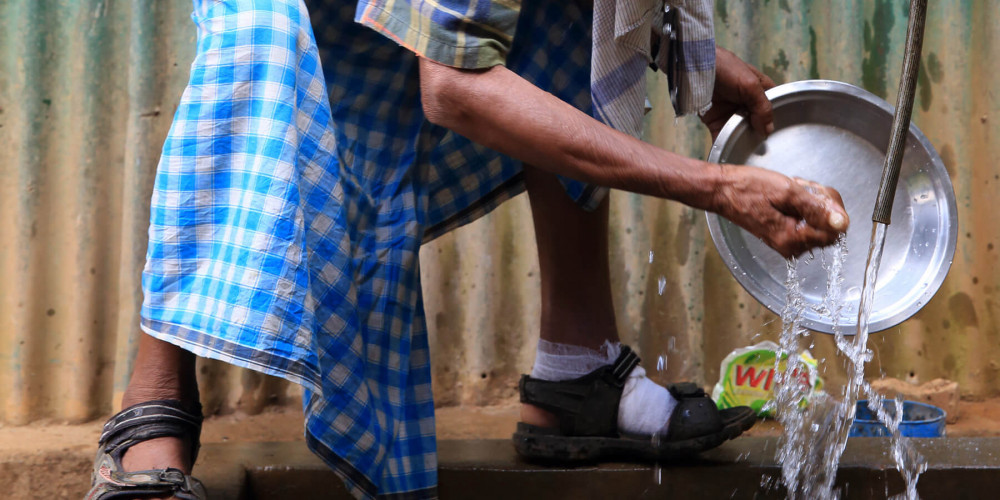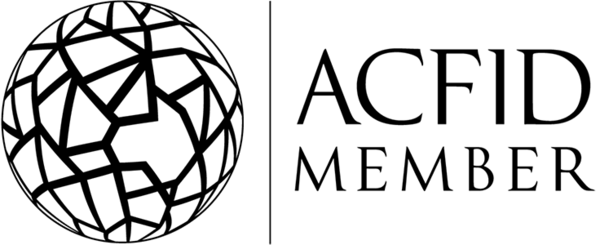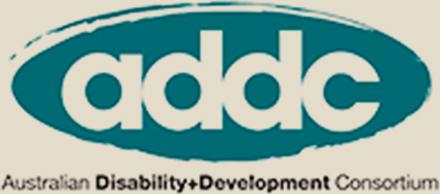KIT Blog
Clean hands save lives
-
 Admin
Admin
- Mar 19, 2020
- Uncategorized
One of the most effective ways we can protect ourselves and others from diseases like COVID-19 and leprosy is with hygiene. It helps prevent the spread of diseases and protects those who are most vulnerable.
In Australia, our health-care workers are well trained and our medical facilities maintain strict standards. But hygiene can be difficult in countries where you mightn’t have access to the right facilities or supplies like soap, or haven’t had the right education on hygiene.
A report by the World Health Organisation estimates that handwashing with soap alone could potentially reduce the number of diarrhoea cases by 40 per cent. Diarrhoea is one of the biggest killers in the world (second only to pneumonia). Almost one child under 5 dies of diarrhoea every minute .
This is why it’s important that every family and community has an opportunity to learn about hygiene. The smallest investment in hygiene can save hundreds of lives. Your projects are sharing hygiene knowledge and practices with communities in Timor Leste, Nepal, Nigeria, India and Thailand. In Nepal, your support helps cooperatives train the whole community on hygiene education. It’s already making a powerful difference to diseases like cholera and diarrhoea in their communities.
“Health and hygiene training was not just for group members, we involved the whole community in this training. Now is the usual season for diarrhoea and cholera in our community, however there have not been any cases so far this season. We don’t claim that this is entirely because of the health and hygiene training that we did, but we believe that we have made a difference.”
—Member of the Gardi Cooperative in Chitwan, Nepal
Handwashing and other hygiene practices need to be supported with safe Water and Sanitation. We’ve covered Water and Sanitation on the KIT blog before. They make up a collection of interrelated public health issues called WaSH (for Water, Sanitation and Hygiene). WaSH is so critical to our dignity, health and wellbeing, without it we cannot ensure adequate nutrition, gender equality or education. It’s so essential that the United Nations has identified safe water and sanitation as a human right .
“Before we knew nothing about [Water, Sanitation and Hygiene] and many children would die, now we have learned about the importance of clean water and hygiene and there have not been any recent cases of diarrhoea in our community.”
—Member of the Anamol Cooperative (Manahari) in Makwanpur, Nepal
March 22 is World Water Day. You can mark the occasion and show you value hygiene by giving a Gift of Love Water Pump.












